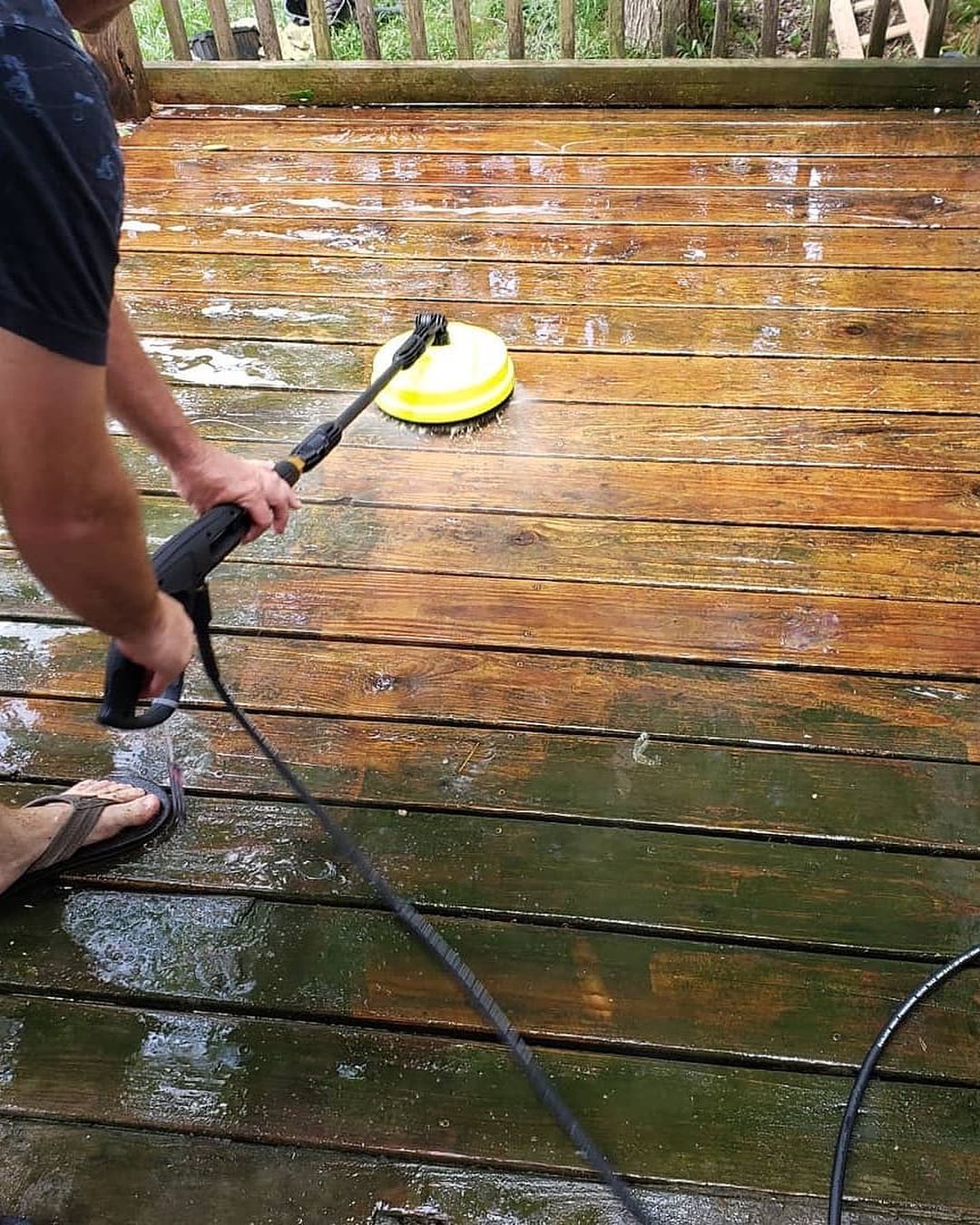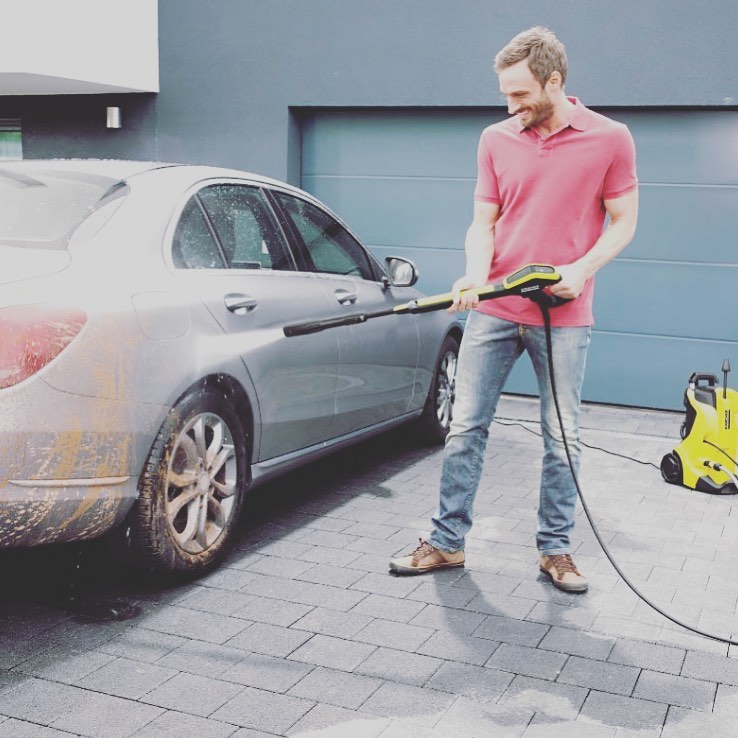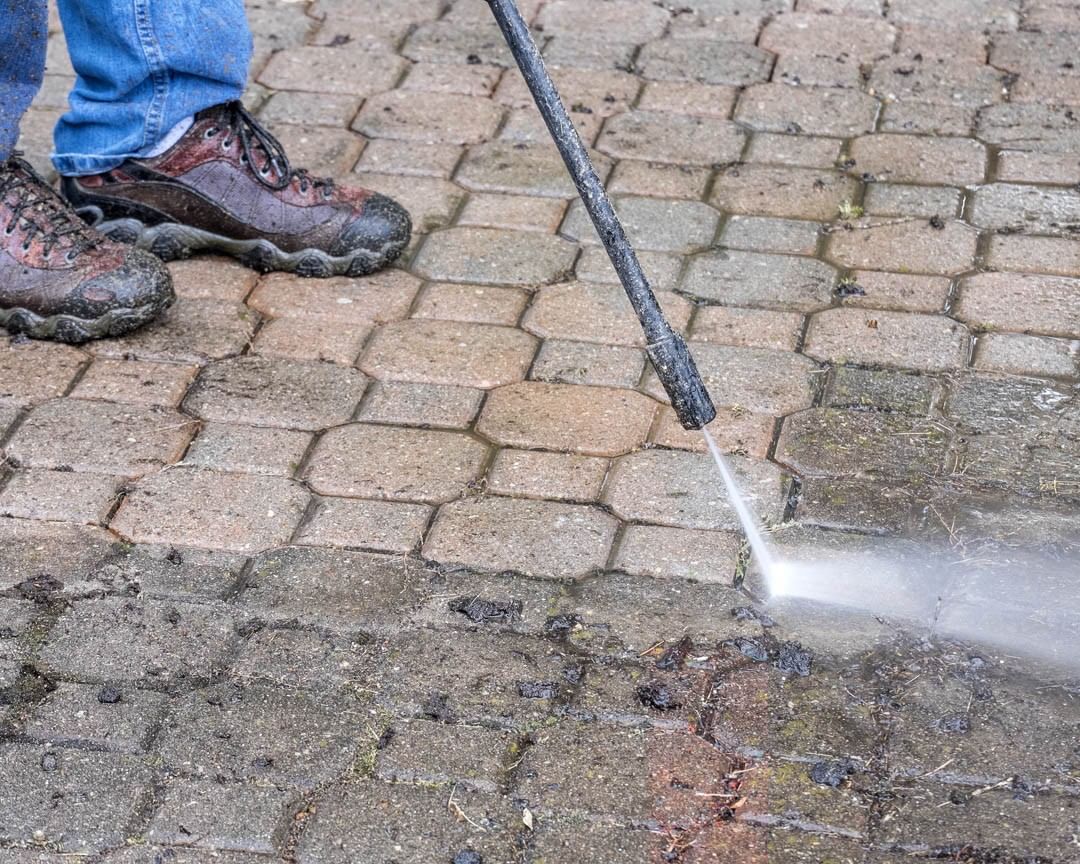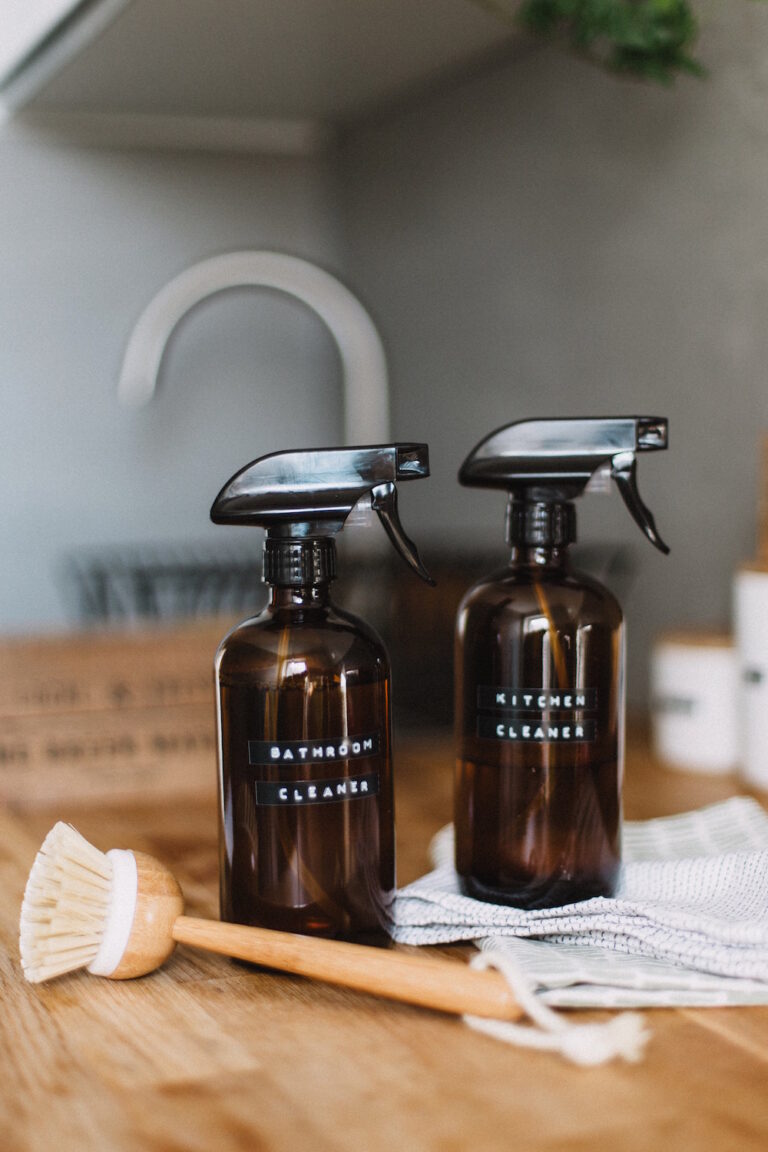How to Choose the Right Pressure Washer for You
Are you tired of scrubbing? Sick of using harmful chemicals that could impact your health or the environment? If this sounds like you, a pressure washer will be the perfect addition to your home and outdoor cleaning routine!
The way it works is through a strong water spray, which helps you to remove dirt and grime from all kinds of surfaces. There are, however, a lot of factors to consider when choosing the right pressure washer to suit your needs.
Luckily, we’re here to guide you every step of the way, so keep reading to find out how to chose the best type of machine for you.
Should I Get a Gas Pressure Washer?
The first thing you need to consider, according to TBEPW, is whether you want a gas or electric pressure washer. Although they ultimately perform the same function, there are significant differences between the two types you need to be aware of in order to make an informed decision.

Firstly, it is worth noting that gas pressure washers don’t need to be charged, which makes them more portable and suited to cleaning jobs outdoors that don’t require a power socket.
They also typically produce higher levels of pressure than electric washers, which makes them considerably more powerful: they can clean heavy-duty objects to a higher standard without compromising speed, which makes it perfect for those more intense cleaning jobs.
On the other hand, gas washers tend to be a lot heavier than electric pressure washers and require a lot more maintenance.
Should I Get an Electric Pressure Washer?
Electric power washers are also significantly quieter than gas power washers: electric pressure washers produce 78 decibels of sound whilst gas machines produce, on average, 85 decibels. So, if you don’t want neighbours angrily knocking on your door, electric pressure washers might be better!

They’re also cheaper than gas models and work in all temperatures – in the winter, gas pressure washers might need a bit of anti-freeze to get up and running!
How Much Pressure Do I Need?
There are two ways to measure this. The first is by measuring flow rate, which is calculated by litres or gallons produced per minute. Needless to say, the higher the flow rate the higher the pressure in your machine.
The second – and more complex – way is through measuring pounds per square inch (PSI). When you’re looking to buy a washer, try and make note of its PSI and compare it to other brands and options. Is it high or low? As with flow rate, it is safe to assume that the higher the PSI, the higher the pressure, and thus power of your machine.

As mentioned before, pressure washers are extremely versatile machines and can be used for a number of surfaces including cars, wooden floors and concrete. A general rule of thumb when considering how much pressure your washer needs is how dense/solid the object you want to clean is. Will the machine adequately penetrate the object, or does it need a higher PSI to do the job?
Equally, you need to be careful to not waterlog whatever you’re cleaning by applying too much pressure with your machine. This is especially important in less stable materials like wood.
The Verdict
Ultimately, if you plan to use a pressure washer in the home, the electric washer should be able to do the job to a sufficient standard.
Meanwhile, if you plan on using a pressure washer in an industrial environment and factors like price and noise aren’t an issue, a gas pressure washer is probably a better fit for you.
Both have significant pros and cons, so it all depends on what you want to get out of the product. Furthermore, you need to consider how the PSI/pressure washer type compares to the job in hand.
If you follow this simple guide, you should be able to find the perfect pressure washer for your needs, leaving your home spic and span in no time!
Thinking about more renovations ? Check this outdoor maintenance tips !






